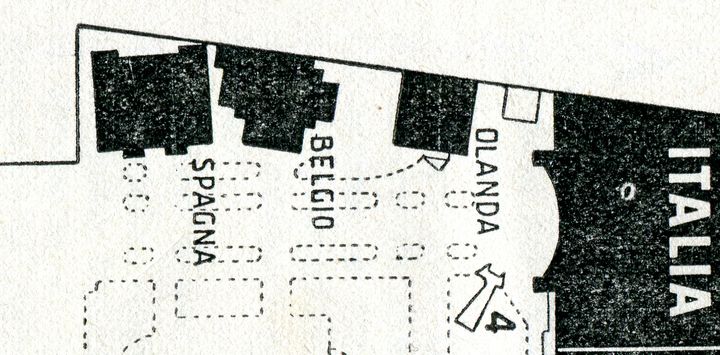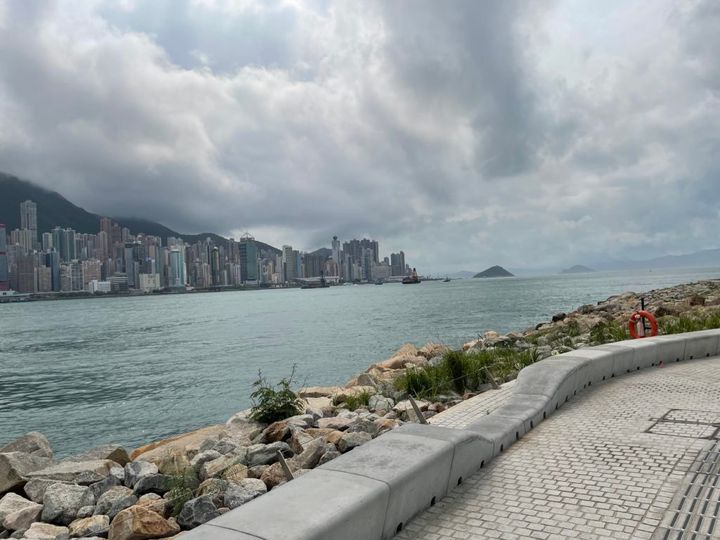I am writing this letter in anguish and lament. Yet again, we are suffering the deaths of our social leaders. Yesterday, Francisco Giacometto Gomez was assassinated in the city of Bogota. Today, our communities in the department of Cauca heard tragic news of the assassination of Sandra Liliana Pena, compañera and Governor of Laguna Siberia. As president of the National Peace Committee of the National Council for Peace, Reconciliation and Co-existence, as a leader and human rights defender, and as protector of nature, I am compelled to express my complete condemnation and repudiation of these terrible events.
I am sending my regards to the Security Council of the United Nations from ancestral territory in Colombia. The Security Council’s elementary function is to maintain peace and international security. It is therefore my duty to request your attention and urgent action towards our country’s grave situation, which endangers the implementation of stable and lasting peace in Colombia.
I am adding mine to those national and international voices who have denounced the instability of the Peace Accord’s implementation process. There is evident and dramatic failure to adequately guarantee for the lives of social leaders, human rights defenders and ex-combatants. The Colombian government continues to lack the political will to fully comply with the Peace Accords.
While the violence intensifies alarmingly and armed actors multiply, the already acute humanitarian crisis is deepening in various parts of the country. At present, the lives of hundreds of communities continue to be at risk from the pandemic and bloodshed. Collective devastation, bodily dismemberment and torture, forced displacement and the horror of mass death are tragic parts of everyday life.
Those of us who support peace feel helpless. We are frustrated that historically racialized, impoverished Colombians do not even know which direction the bullets are fired from, even though many have put their hopes and trust in a negotiated solution to the armed conflict. Opportunities for just and equitable economic development are few, given that the living conditions of these communities are similar to those endured during slavery. At the same time, they are dealing with the presence of armed groups, who forcefully attack the basic principles of life in dignity.
In the face of this challenging situation, the Colombian government has not only shown itself to be indifferent, but part of the problem. The government avoids providing any real solutions. Instead, it defends spraying illicit crops with glyphosate, regardless of its impacts on public health, food sovereignty, and territorial integrity. The Colombian state chose this high-impact measure over more timely, necessary and practical anti-drug policies like regulation and legalization. In doing so, it demonstrates reactionary ignorance of international trends that promote more effective changes in the fight against drugs. It is more effective to generate adequate material living standards than to stigmatize populations involved in drug trafficking networks. I’m afraid I have to disagree with the current anti-drug policies of Colombia and express my complete support for the affected communities. I urge the government to explore the most appropriate routes to deal with this problem directly. These would be economic support for the reproduction of life, as well as action on inequity and inequality within communities that live through and are victimized by war and narco-industries.
The lack of political will and absence of effective government responses in dealing with this terrible scenario is also evident in the institutional spaces created for the implementation of the peace process. An important example is the National Council for Peace, Reconciliation and Coexistence, created by Law 885 on 26 May 2017 as an advisory body to the Colombian government. Its mission is to achieve and maintain peace, promote a culture of reconciliation, tolerance, co-existence and non-stigmatization, and facilitate coordination among various state institutions relating to the peace agreement. I have witnessed the present government’s persistent assault on the different social and political sectors that are working for real peace. It intentionally creates financial and institutional obstacles that prevent us from developing appropriate programs on the scale needed to implement peace accords in the country’s more remote regions.
The National Peace Council’s lack of transparency in resource management and economic independence, as well as its bureaucracy, weak guarantees for the sustainability of the Technical Secretary of the Council, and unsuccessful attempts at communication with national government fundamentally affect the role that we peace councillors can play in this vital space. This is why I insist that those of us who are members of the National Peace Council persevere in our efforts, based on the lived realities of Colombians. We must demand that the national government comply with its national and international responsibilities related to peace. We must require that our voices and recommendations be heard and that there is real progress in implementing the historic Peace Accords reached with the FARC. To achieve peace in Colombia, this necessarily includes the participation of all remaining armed groups.
At the same time, I would like to request the United Nations Security Council’s participation in observation and international accompaniment processes. I would also like to request its urgent support for the implementation of meaningful alternatives, and that the Security Council go beyond the traditional publication of reports. Many of those reports are either forgotten or ignored by the Colombian government. Without a concrete commitment to improvement, we risk trivialising the suffering of our people. We request that the Security Council demand the protection of human rights and strengthening of the National Peace Council, including its pluralist and vital spirit. This spirit is oriented towards life and the guarantee of security in the territories. It does not falter in the face of rattling guns or the pain of continuing war.
Francia Márquez is a Colombian social and environmental activist and President of the National Peace Committee. She won The Goldman Environmental Prize. Márquez recently announced her intention to run for the presidency of her country in 2022.
The photograph that illustrates this article is by Felipe Castelblanco, from the series: Cartographies of the Unseen. Putumayo. Colombia. 2020
Additional editing by Katharina Richter



